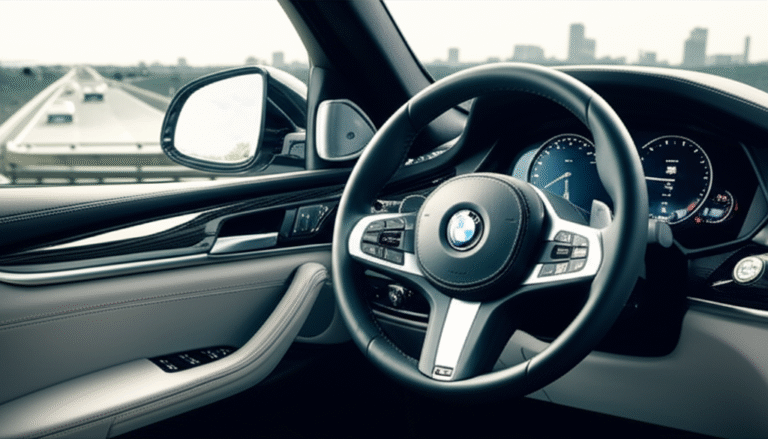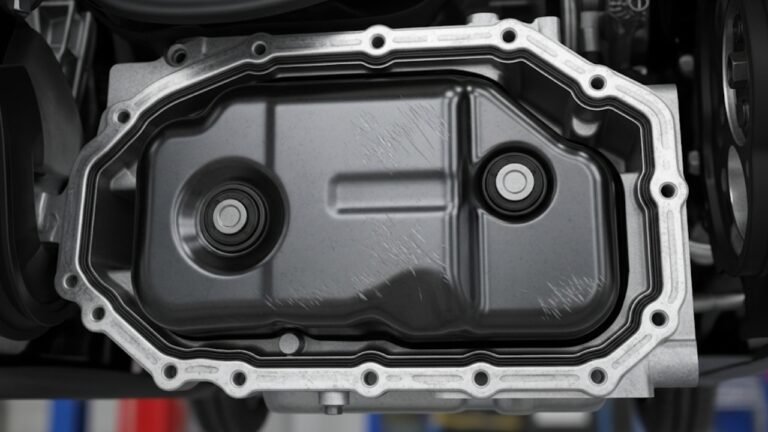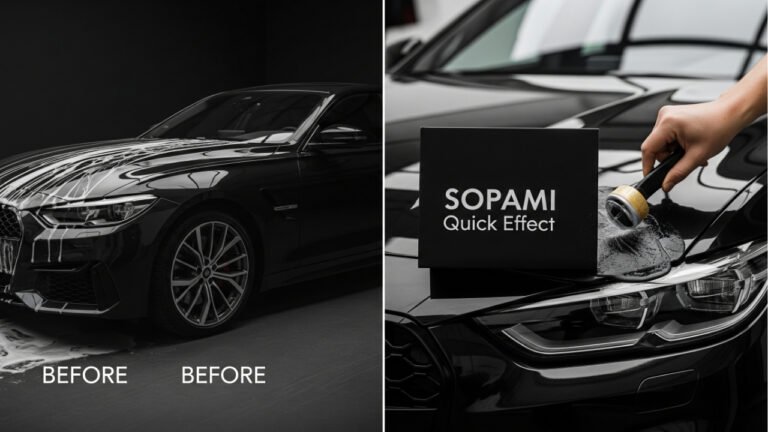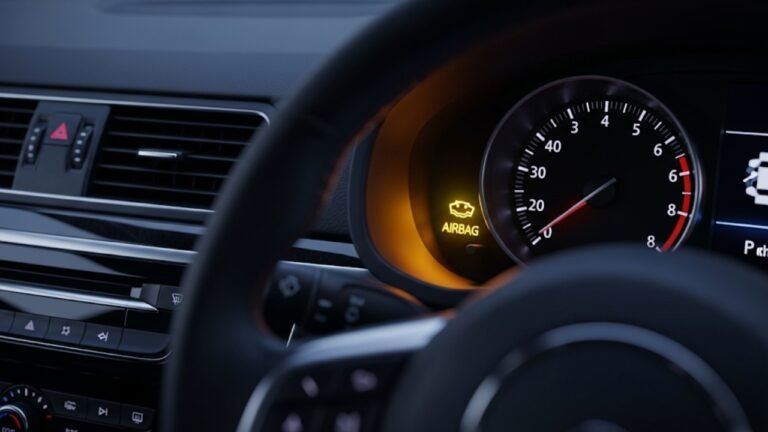How to Get Your Car Back from Towing for Free

It was a hot afternoon, and I was running just ten minutes late. I parked in a “No Parking” zone for what I thought was a quick coffee run. Five minutes later, my car was gone. Panic hit me like a slap in the face. I didn’t hear it. I didn’t see it. It just vanished.
If you’ve ever experienced your car getting towed, you know the sinking feeling. That blend of frustration, fear, and helplessness. You start asking yourself the same question over and over again:
“How do I get my car back from towing for free?”
And let’s be honest, towing fees aren’t cheap. Add the impound lot charges, and suddenly you’re staring at a bill that feels like highway robbery.
But here’s the good news: there are ways to get your car back without paying—legally, and sometimes quickly. In this guide, I’ll walk you through the real options, little-known loopholes, and honest advice to help you get your car back for free. Yes, really.
So take a breath, grab a cup of tea, and let’s dig into this mess together.
Understanding Why Cars Get Towed: Knowledge is Power

Here are the most common reasons cars get towed:
-
Parking in a no-parking zone or in front of a fire hydrant
-
Outstanding parking tickets or unpaid fines
-
Expired vehicle registration
-
Blocking private property
-
Involvement in a crime or investigation
-
Abandonment or vehicle left in one spot too long
Think of it like getting called out in school for a rule you didn’t know existed. But now that you know, you’re one step closer to getting your car back.
If your car was wrongly towed, that’s your ticket to a free release. Mistakes happen, and you might have more rights than you think.
Check If the Tow Was Legal: The Truth Is in the Details
Let’s get one thing clear: not all tows are legal. Tow truck companies sometimes cross the line. That’s where you can push back—and possibly get your car back without paying.
Here’s what you need to check immediately:
-
Was there a visible sign? In most cities, clear signage must be posted in towing zones.
-
Did they notify the police? Many local laws require the towing company to report the tow.
-
Is your vehicle registration current?
-
Were you parked on private or public property? Rules differ wildly between the two.
-
Is the tow company properly licensed? (Yes, you can check that online.)
Pro Tip: Take pictures of the spot where your car was taken. Snap the signs (or lack of them), paint marks, curbs, and surroundings. This evidence might save you from paying anything.
If any of these legal boxes weren’t ticked, you could dispute the tow and request a fee waiver or full refund.
Call the Tow Company Immediately – But Stay Calm
Once you know who towed your car, call them. Ask these key questions (and write down the answers):
-
Why was my car towed?
-
Where is it now?
-
What fees are being charged?
-
What are the release requirements?
-
Are there any holds or blocks on the vehicle?
Sometimes, especially if the tow was a mistake or not logged properly, they may waive the fee just to avoid trouble. Be polite, but assertive. Act like you know your rights—even if you’re still learning them.
And if they act shady or refuse to answer questions? That’s a red flag—and you may want to involve local authorities or legal aid.
Use the “First-Time Towing Forgiveness” Loophole
Many cities offer something called Towing Forgiveness Programs or First-Time Offense Waivers.
Here’s how they typically work:
-
You get towed for a non-dangerous offense (like expired registration)
-
It’s your first tow in a set period (like 6 or 12 months)
-
You request a waiver or fee reduction from the city, not the tow company
-
You may need to write a short appeal or submit a form
Let’s take Los Angeles, for example. If it’s your first offense, you can apply for fee forgiveness within 30 days. In New York City, the Department of Finance sometimes drops the charges if you show hardship or error.
Pro Tip: Search your city name + “tow forgiveness” or “impound fee waiver” and see if a program pops up. You’d be surprised how many places quietly allow it.
File a Tow Hearing or Appeal – It’s Your Legal Right
Every city and state allows you to challenge a tow through an administrative hearing or appeal process. This is your legal weapon if you believe the tow was unjustified.
Here’s what the typical process looks like:
| Step | What to Do |
|---|---|
| 1 | Request a tow hearing (usually within 10–30 days) |
| 2 | Submit documents and any photos or evidence |
| 3 | Attend the hearing (online or in-person) |
| 4 | Explain why the tow was unfair or illegal |
| 5 | Get a decision—if you win, the fee gets waived or refunded |
If you’re organized and calm, many judges or officers will side with you—especially if the signs were unclear or the tow was done in error.
Real-life example: My friend in Chicago parked near a curb where the paint had faded. She took photos, showed the lack of clear signage, and won her appeal. $350 saved, just like that.
Reach Out to Local Charities or Community Programs
Here’s something most people don’t realize: there are organizations that help cover towing and impound fees, especially if you’re low-income or in crisis.
Try reaching out to:
-
Local churches or religious organizations
-
Community outreach programs
-
Nonprofits for car-related assistance
-
Government aid programs for transportation
Some even offer emergency grants or vouchers to release your car. This isn’t a guaranteed way to get it back completely free, but it can reduce or eliminate the cost—without loans or debt.
And sometimes, just asking for help is the key. You’d be surprised how many people care enough to help you get your life back on track.
Don’t Pay Until You Review Your Rights
Before you pull out your wallet and pay hundreds, pause. You might not have to.
Always check:
-
The law in your state (some tows are illegal under specific conditions)
-
Your car insurance policy (some policies cover towing fees)
-
Your roadside assistance plan (such as AAA or OnStar)
-
Any fee waivers for first-time violations
-
If the tow was logged properly with police
Each of these options could erase the fee completely—or give you reimbursement after the fact.
Use Legal Aid or Free Lawyers – You Don’t Have to Fight Alone
Sometimes, it’s not just about towing. It’s about justice. And if you feel the system is working against you, there’s help out there.
You can get free legal aid or consultation from lawyers who specialize in traffic violations, impound disputes, or towing abuse. These services often help you:
-
Draft a formal complaint
-
File an appeal or small claims case
-
Negotiate with tow companies
-
Demand a refund for illegal towing
Start with your local Legal Aid Society, city legal clinics, or even law schools that offer pro bono help.
True story: A friend of mine had his car towed despite having a valid parking permit clearly visible on the dash. He contacted a free legal aid group, and within a week, they filed a formal complaint. He got a full refund—no court, no fees, no drama.
Look for Mistakes on the Receipt or Tow Report
This is one of the sneakiest and most underrated strategies: check the paperwork. Most towing companies make little errors, and these mistakes can void the charges.
Look for:
-
Wrong vehicle make/model
-
Incorrect time or date
-
Misspelled address
-
Missing officer’s name or badge number
-
No mention of reason for tow
Even one tiny mistake can be enough to challenge the tow in court or through a hearing.
Also, if they never provided a receipt, that’s a huge red flag. Most cities have strict rules that require tow companies to follow a paper trail. If they skipped it, they might be in violation of towing laws.
Pro Tip: Request a copy of the original tow report from the company and compare it with your evidence.
When Insurance or Roadside Help Covers the Fee
Sometimes you don’t even realize you’re covered. Many car insurance or roadside assistance plans pay for impound or towing fees, either upfront or as reimbursement.
Here’s how you can find out:
-
Call your insurance provider and ask if impound release is covered.
-
Check for comprehensive coverage or emergency services add-ons.
-
If you have AAA, OnStar, or even credit cards like Visa Signature or AmEx, check your member benefits.
-
Ask if they can tow the car to your home or mechanic without further charges.
Example: A woman in Houston had her car towed while out of town. She called AAA, and they arranged the release and tow back to her house—for free.
Prevent It From Happening Again: Street-Smart Tips That Work
You’ve probably heard the saying, “Once bitten, twice shy.” Getting your car back is just the beginning. Avoiding the same nightmare again is just as important.
Here are simple hacks to stay tow-free forever:
-
Double-check street signs—especially during holidays or events.
-
Use apps like SpotAngels or ParkMobile that warn you about tow zones.
-
Always keep your registration and insurance updated.
-
Avoid leaving your car in private lots overnight unless you have written permission.
-
Don’t ignore unpaid tickets—they stack up fast.
-
Park in lit, visible areas with clear signage.
It’s not about being paranoid—it’s about being smart. The world isn’t always fair, but you can outsmart the system with a little street knowledge.
Emotional Insight: Why Losing Your Car Feels So Personal
Let’s pause the tips and talk real for a second.
Getting towed feels like a personal attack. Even if you broke a rule, it doesn’t feel like justice. It feels like someone just took your lifeline without warning.
I’ve seen single moms cry outside impound lots. College kids beg tow truck drivers. I’ve felt that tight, angry knot in your stomach when you’re staring at an empty curb.
This isn’t just about money. It’s about your freedom, your mobility, and your dignity.
That’s why knowing how to get your car back from towing for free isn’t just a “life hack.” It’s a way to take back control. And that matters.
FAQs: Your Most Common Questions Answered
Let’s tackle some burning questions many people have when they find themselves in this situation.
Q1: Can I refuse to pay the tow fee if I think it was unfair?
Yes, but only through proper legal channels. Don’t try to forcefully take your car—file a complaint or request a hearing instead.
Q2: How long do I have before extra fees are added?
Usually 24–72 hours. After that, storage fees start adding up. Act fast to avoid more charges.
Q3: Can I get my belongings from the car without paying?
Yes! In most states, you have a legal right to access personal items, even if you don’t pay the towing fee.
Q4: What if the signs weren’t visible?
Take photos and use them in your hearing or appeal. If signage wasn’t visible, the tow may be ruled invalid.
Q5: Can I sue the tow company?
Yes, especially if they violated the law. File in small claims court, and bring all your evidence.
Q6: Can I get a refund after I pay?
In many cases, yes. If you win your hearing or prove the tow was illegal, the city may reimburse you.
Q7: Are there laws that protect me from predatory towing?
Absolutely. Most cities have rules in place. Search for “[your city] + predatory towing laws.”
Q8: Can the police help me get my car back?
They might. If you believe the tow was illegal, ask the local precinct to intervene or guide you.
Final Thoughts: You Deserve a Break – and Your Car Back
We live in a world where mistakes can cost hundreds of dollars. But that doesn’t mean you have to just accept it.
If your car was towed, and you’re wondering how to get your car back from towing for free, know this:
You’re not alone.
You’re not helpless.
And you do have options.
Whether you win your case, find a forgiveness program, or just get help from your community—there is a way out. Sometimes, you just need to breathe, slow down, and start making calls.
Getting your car back isn’t just about transportation—it’s about taking back your power.
And that’s worth fighting for.





